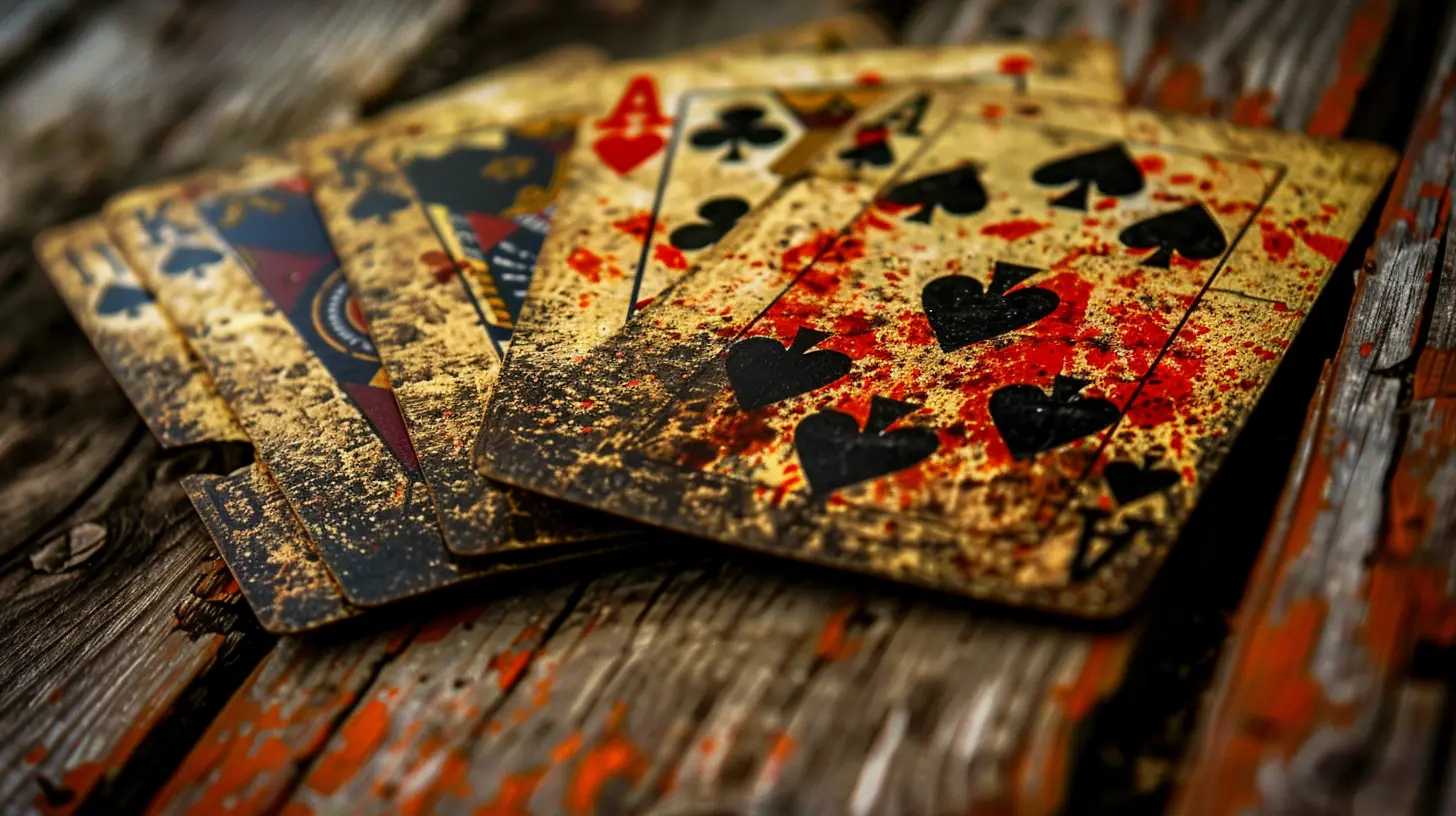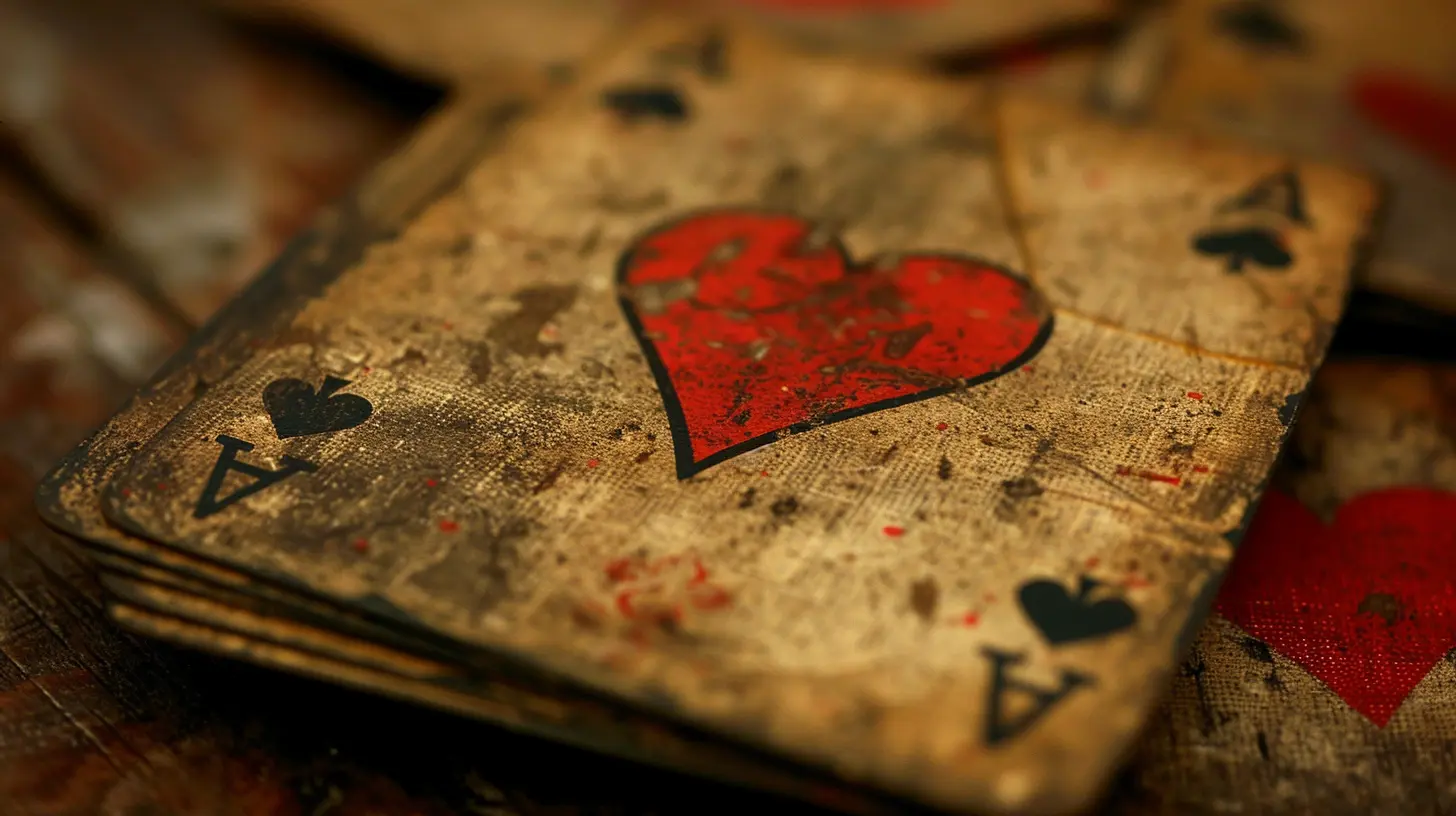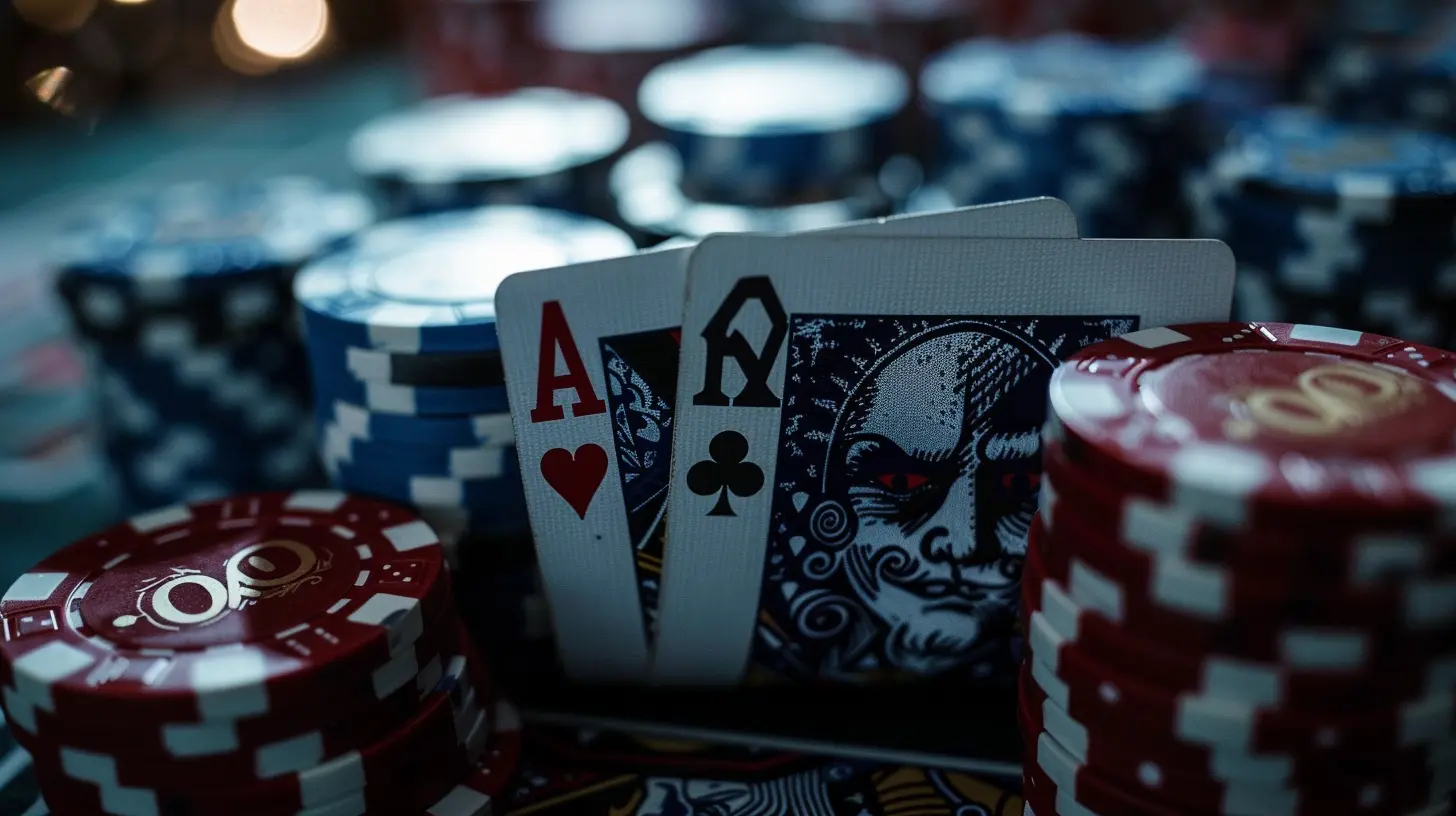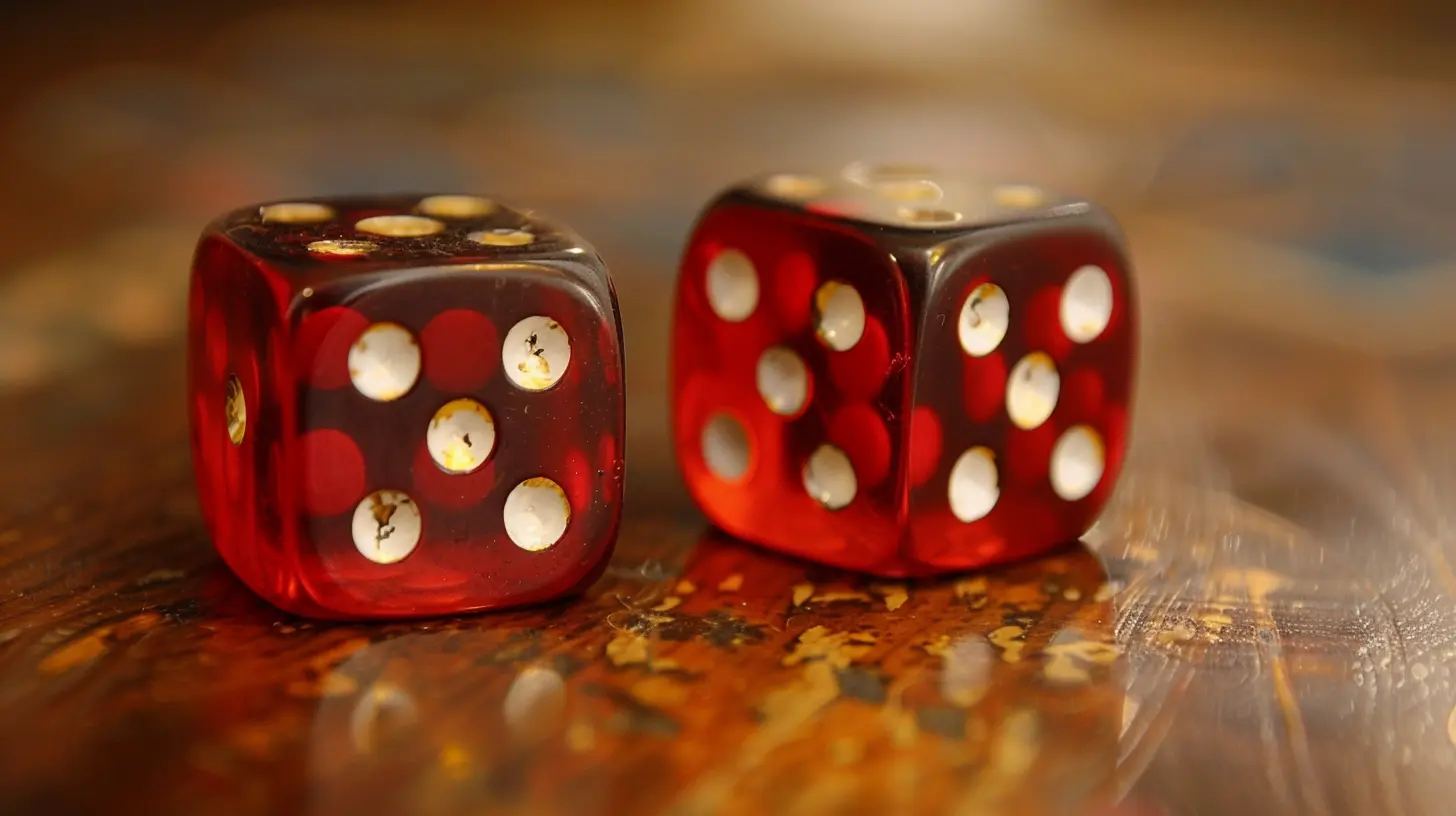14 April 2025
Have you ever sat at a poker table and wondered why some players consistently walk away with a fat stack of chips? Sure, luck plays a role, but winning at poker isn't just about being dealt a pocket pair of aces. It’s about mastering a game rooted in human psychology. Knowing how to read people, control emotions, and manipulate situations can often trump the cards you're holding. So, buckle up because we're diving into the hidden psychology that separates amateur players from poker pros.
It's Not Just Cards—It's People
Let’s get one thing straight: Poker isn’t about the cards; it’s about the people playing them. You’re not really battling the luck of the shuffle—you’re battling the minds around the table. Think of it as a psychological chess game.Here’s the deal: Human beings are walking, talking bundles of habits and tells. From subtle facial expressions to the way someone splashes their chips into the pot, every action offers clues. Spotting these tells and interpreting them correctly can give you a massive edge.
Ever heard the saying, "Play the player, not the cards"? That’s exactly what poker psychology is all about. Those who understand this concept are already miles ahead of the curve.
The Power of Observation: Reading Opponents Like a Book
Imagine this—you’re sitting at the table, and a player who’s been quiet all night suddenly raises big. What does that mean? Are they bluffing, or do they actually have a monster hand? The answer lies in observation.Top poker players are like detectives, constantly scanning for clues in their opponents' behavior. Here are a few things they pay attention to:
1. Body Language: Is your opponent fidgeting? Are they unusually still? Actions like these can signal nervousness or confidence. For example, if someone suddenly sits up straight when they get a strong hand, that’s a tell you need to bank on.
2. Betting Patterns: Does this player always raise when they have a good hand, or do they mix it up? Identifying patterns can help you predict their next move.
3. Table Talk: Some players love to chat. Listen closely; they might unintentionally leak information about their hand.
Think of it like learning to read someone’s diary—they might not want you to know what’s going on inside their head, but their actions often give it away.
Bluffing: The Art of Deception
Ah, bluffing. The heart and soul of poker. But here’s the thing: Bluffing isn’t just about throwing in a massive bet and hoping your opponent folds. It’s a calculated psychological maneuver.Great bluffing requires timing, consistency, and credibility. If your story doesn’t add up, your opponent will call you out faster than you can say “all-in.”
For instance, let’s say the board shows a possible straight, and you suddenly go all-in. If you’ve been playing tight all night, your opponents might believe you’ve hit the straight, even if you’re holding absolute garbage. But if you’ve been bluffing every other hand, they’re likely to see through your charade.
Bluffing is like telling a lie to your parents when you were a kid. If you’ve been caught lying before, they’re less likely to believe you this time.
Tilt: Your Worst Enemy at the Table
Let’s talk about tilt—the emotional meltdown that can drain your stack faster than a bad beat. Tilt happens when players let their emotions take the wheel, causing them to make irrational decisions.Maybe you just lost a huge pot on a ridiculous river card, and now you’re steaming. Suddenly, you’re calling bets you have no business calling or shoving all-in with a mediocre hand just to "get back" at someone. Sound familiar?
The secret to avoiding tilt? Emotional control. Take a deep breath, remind yourself that bad beats happen to everyone, and refocus your energy. If you feel yourself spiraling, it’s okay to take a break. Poker isn’t just a game of the mind—it’s a game of patience.
It’s kind of like road rage. Sure, the driver who cut you off is annoying, but yelling or tailgating them isn’t going to make your day any better. In poker, as in driving, keeping your cool pays off.
The Importance of Patience: Sometimes Folding Is Winning
It’s easy to get caught up in the action and want to play every hand. But here’s a hard truth: Sometimes the smartest move is to fold. Winning players know that you can’t win every hand, and trying to will just chip away at your stack.Patience in poker is like fishing. You can’t catch a fish if you’re constantly pulling your line out of the water. Sometimes you just have to wait for the right opportunity to strike.
Remember this: Folding isn’t losing. It’s actually a strategic decision that keeps you in the game longer.
The Role of Confidence: Walk the Walk
Confidence is contagious at the poker table. If you believe in your decisions, others will too. Even if you’re bluffing, acting with conviction can make your opponents second-guess themselves.Think of it like wearing a suit to a job interview. You might not feel 100% confident, but the way you present yourself can influence how others perceive you. In poker, the same applies. A confident demeanor can make you seem like the table boss, even if you’re running on fumes.
The Mental Battle: Staying One Step Ahead
Poker is as much a mental game as it is a card game. To win, you have to think not just about your own hand, but about your opponent’s hand—and what they think YOU have.Here’s a quick mental checklist:
1. What’s the best possible hand they could have?
2. What’s the most likely hand they have based on their actions?
3. What do they think YOU have?
This constant back-and-forth mental gymnastics is what makes poker so thrilling. It’s like solving a Rubik’s Cube while someone else is trying to mess it up for you.
The Long Game: Playing Smart Over Time
Let’s not forget the bigger picture. Poker is a marathon, not a sprint. Winning one big hand won’t matter if you hemorrhage chips over the course of the night.Successful players focus on long-term profitability rather than short-term wins. They’re willing to fold marginal hands and let go of their ego if it means sticking around for the next opportunity. It’s all about the long haul.
Think of it like saving money. Sure, you could blow your paycheck on a fancy gadget, but wouldn’t it be smarter to invest in something that grows your wealth over time?
Wrapping It All Up
Poker is more than just a card game—it’s a psychological battlefield. From reading your opponents to controlling your emotions and mastering the art of bluffing, the hidden psychology behind poker is what truly sets winners apart.So, the next time you sit down at the table, remember: It’s not just about the cards you’re dealt. It’s about how you play them—and more importantly, how you play the people around you. Stay patient, stay observant, and keep your emotions in check. Whether you’re a pro or just a weekend warrior, understanding the psychology behind poker can elevate your game to new heights.




Anna Ruiz
Poker isn’t just about the cards; it’s a mind game! If you can’t outsmart your opponent, you might as well shuffle off. Get ready to play, or just pay!
April 20, 2025 at 4:44 AM